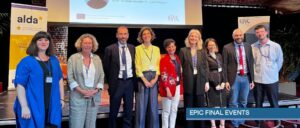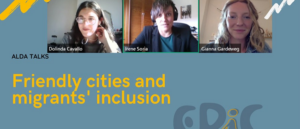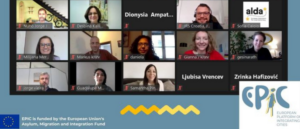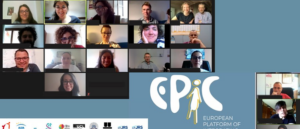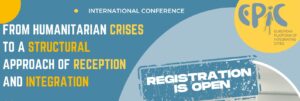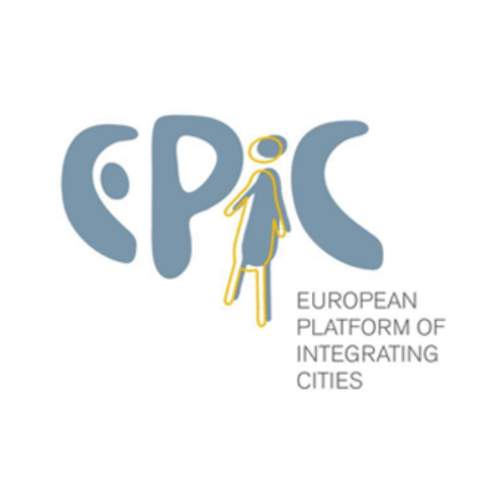
European Platform of Integrating Cities
AT A GLANCE
The EPIC project addresses the challenges of the integration of migrants by targeting medium-sized cities that need to develop expertise in areas such as housing, labour integration, integration policy, and/or counter-narratives.
At the same time, these cities will lend their expertise to support their counterparts in other Local Authorities (LAs). This will allow a transfer of knowledge and know-how among Local Authorities and support direct peer-to-peer practical learning that foresees the exchange of knowledge, skills, and personnel on migrant integration matters.

Objectives:
EPIC – the European Platform of Integrating Cities aims to improve the integration of migrants at local level by creating a network of Local Authorities (LAs) and their implementing partners (NGOs) that will A) share knowledge and best practices of migrant integration, B) engage in peer-to-peer exchanges based on mutual priorities and different expertise and C) integrate efficient practices within their local policies.
